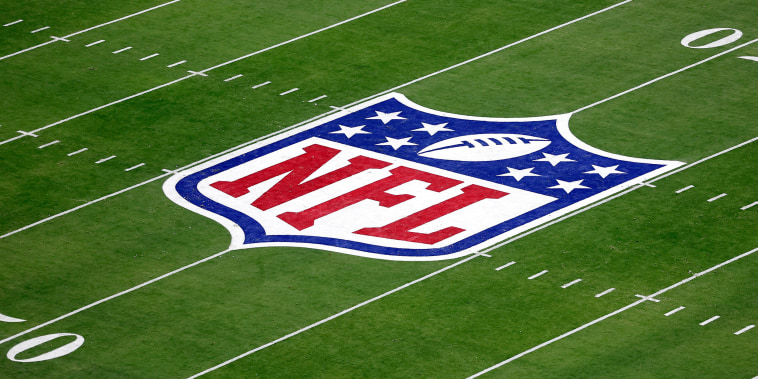The NFL, one of America’s most beloved sports leagues, has been hit with a staggering $4.8 billion in damages over the Sunday Ticket antitrust case. This landmark ruling has sent shockwaves through the sports world, raising important questions about the league’s business practices and the future of sports broadcasting.
At the heart of the case is the NFL’s exclusive arrangement with DirecTV for the Sunday Ticket package, which allows fans to watch out-of-market games. The plaintiffs argued that this arrangement amounted to an illegal monopoly, as it restricted consumer choice and drove up prices for fans. The court agreed, finding the NFL guilty of antitrust violations and awarding substantial damages to the plaintiffs.
This ruling could have far-reaching implications for the sports broadcasting industry as a whole. The NFL’s dominance in the market has long been a point of contention, with critics arguing that the league’s exclusive deals limit competition and harm consumers. With this ruling, other sports leagues may also come under scrutiny for similar practices, potentially reshaping the way games are broadcast in the future.
Furthermore, the $4.8 billion in damages is a significant blow to the NFL’s finances. While the league is no stranger to legal battles, this ruling represents one of the largest financial penalties in its history. The NFL may be forced to reconsider its business practices in light of this decision, potentially opening up new opportunities for broadcasters and fans alike.
In conclusion, the NFL’s loss in the Sunday Ticket antitrust case is a major turning point for the league and the sports broadcasting industry. This ruling underscores the importance of fair competition and consumer choice in the world of sports, and it serves as a warning to other leagues that engage in similar practices. As the dust settles on this landmark case, all eyes will be on the NFL to see how it responds and adapts to this new reality.
